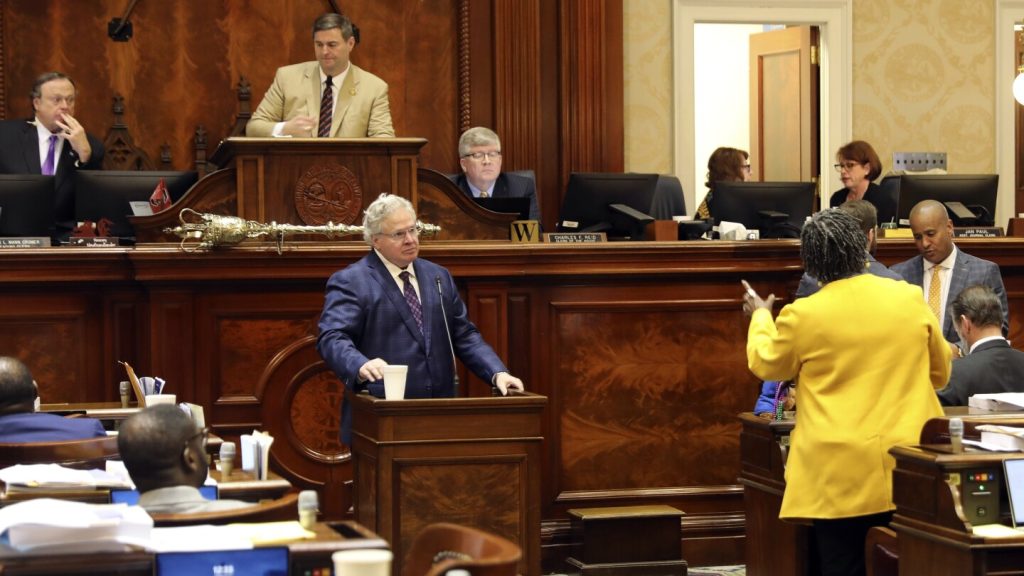In Columbia, South Carolina, a bill aimed at securing the state’s electric power supply passed a key vote in the House with an 88-21 vote, mostly along party lines. The bill aims to ensure future energy flows by allowing private Dominion Energy and state-owned utility Santee Cooper to build a natural-gas fired power plant in the Lowcountry. This urgency was heightened after a near power grid failure during a cold snap on Christmas Eve in 2022. The bill also allows for faster approval of gas pipelines needed for the project, with supporters emphasizing the need for energy security.
However, opponents of the bill argue that it could potentially undo lessons learned from a failed nuclear plant project that cost ratepayers billions of dollars. They believe that the bill leans too heavily on outdated energy sources like natural gas and smaller nuclear plants, which may not be feasible in the long run due to technological advancements. Environmental groups have criticized the bill for its long-term implications on energy production in South Carolina, pointing out that reliance on these sources may not be sustainable in the future.
The bill has faced pushback from both environmental groups and some lawmakers, who urge caution in transitioning South Carolina’s energy production towards more traditional sources. The Southern Environmental Law Center has labeled the bill as a wishlist for the utility industry, raising concerns about the lack of focus on greener and more advanced energy solutions. Given the state’s history with the failed V.C. Summer nuclear plant project, there are apprehensions about the potential risks associated with the proposed legislation and its impact on ratepayers.
One of the main points of contention during the House debate was the reduction in the number of regulators on the Public Service Commission from seven to three. Supporters of the bill argue that this would allow for a more efficient selection process and potentially higher-quality decision-makers. However, critics, including Democratic House Minority Leader Todd Rutherford, warn that reducing the number of commissioners could result in less oversight and accountability, ultimately diminishing the power of lawmakers and citizens over electric rates.
The bill also proposes changes that would allow utilities to directly appeal denials of their proposals before regulators to the state Supreme Court, giving more weight to their testimony in disputes before the commission. This has raised concerns about the fairness and transparency of the regulatory process, with some stakeholders expressing reservations about the potential influence of utility companies in shaping energy policy in the state. The bill now faces scrutiny in the Senate, where lawmakers are expected to closely evaluate its provisions before making a decision on its passage before the end of the legislative session.


